Navigating the Landscape of HPV: Understanding, Prevention, and Management
Are you concerned about HPV, the most common sexually transmitted infection that affects both men and women worldwide? By staying informed about HPV, undergoing regular screenings, and getting vaccinated, you can protect yourself and your loved ones from this preventable disease.
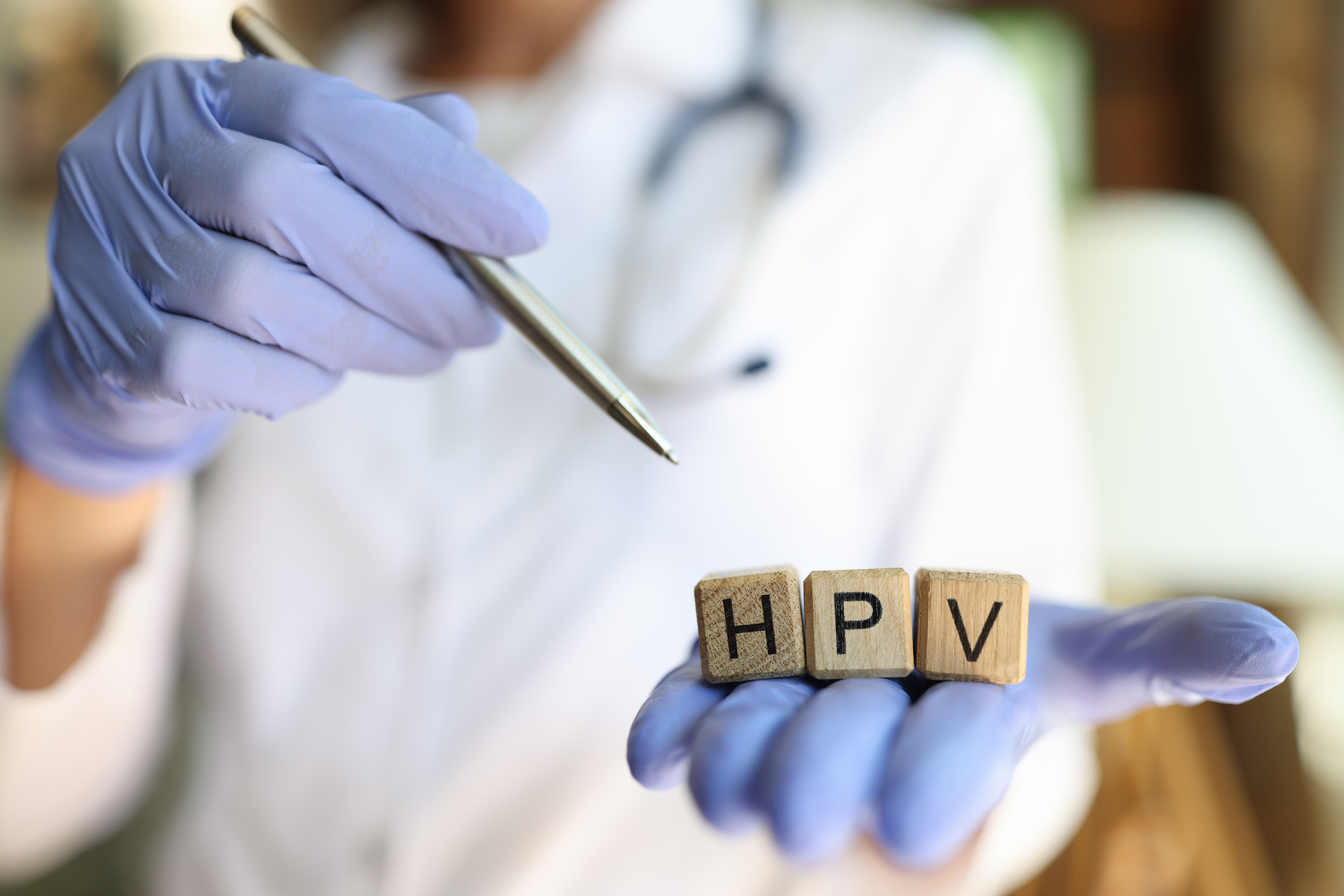
Are you concerned about HPV, the most common sexually transmitted infection that affects both men and women worldwide? Many are unaware of the severity of HPV, its potential health complications, and the need for a proactive approach to prevent it. Left unchecked, HPV can lead to serious health risks, including cervical cancer in women. But there is hope. By staying informed about HPV, undergoing regular screenings, and getting vaccinated, you can protect yourself and your loved ones from this preventable disease. It’s time to take action against HPV.
Who Can Benefit From This Article?
This article is beneficial for a broad audience. Primarily, it's highly relevant for sexually active adults of both genders due to HPV's prevalence in this population. Women, in particular, will find this information useful, as they are at risk of developing cervical cancer from certain strains of HPV. Parents, health educators, and healthcare professionals can also benefit from this material, as it will allow them to better guide teens and young adults about potential risks and preventive measures. Lastly, individuals who are unvaccinated or unsure about the HPV vaccine can gain insights into its importance for preventing this common infection.
What is HPV?
Human Papillomavirus (HPV) is a group of more than 200 related viruses, some of which can lead to cancer. These viruses are common and are transmitted through intimate skin-to-skin contact. Most HPV infections don't cause any symptoms and go away on their own. However, when an HPV infection persists, it can cause cell changes that, if not treated, can lead to various types of cancer. HPV is most commonly associated with cervical cancer but can also cause other types of cancer, including those of the vulva, vagina, penis, anus, and throat.
A Brief History and Some Lesser-Known Facts About HPV
- History: The first identified cases of HPV date back to ancient times. However, it wasn't until the late 20th century that HPV was definitively linked to cervical cancer. In fact, in 2008, the Nobel Prize in Medicine was awarded to Harald zur Hausen, who discovered this connection.
- Frequency: HPV is the most common sexually transmitted infection in the United States. According to the Centers for Disease Control and Prevention, there are around 14 million new infections each year. Additionally, nearly every sexually active person will contract at least one type of HPV at some point in their lifetime.
- Lesser-Known Facts: Contrary to popular belief, HPV isn't just a woman's problem. Men can and do contract the virus, and they also face the risk of developing cancer from certain strains. Also, using condoms doesn't eliminate the risk of HPV, as the virus can infect areas not covered by a condom.
- Vaccination: The HPV vaccine, first approved in 2006, is a significant breakthrough in preventing infection. It's generally given to boys and girls around the ages of 11 or 12, before they become sexually active. However, many adults don't realize that they can also get vaccinated, with the FDA currently approving the vaccine for adults up to age 45.
- Screening: Regular screenings for HPV can help detect and treat any cell changes that could lead to cancer. Yet, despite the availability and effectiveness of these screenings, many people remain unaware of their importance or miss their regular appointments.
What Causes HPV?
HPV, or Human Papillomavirus, is caused by direct skin-to-skin contact. The virus is primarily transmitted through sexual activity, and there are several scientific factors that contribute to its transmission:
Sexual Contact: HPV is primarily transmitted through vaginal, anal, or oral sex. The virus can be passed even when an infected person shows no signs or symptoms.
Skin-to-Skin Contact: The virus can be transmitted through close skin-to-skin contact, even if penetration does not occur. This includes genital-to-genital contact without intercourse.
Mother to Child: A mother with HPV can transmit the virus to her child during childbirth, although this is less common.
Immunosuppression: Individuals with weakened immune systems, due to conditions like HIV/AIDS, are more susceptible to contracting HPV.
Multiple Sexual Partners: The risk of getting HPV increases with the number of sexual partners a person has.
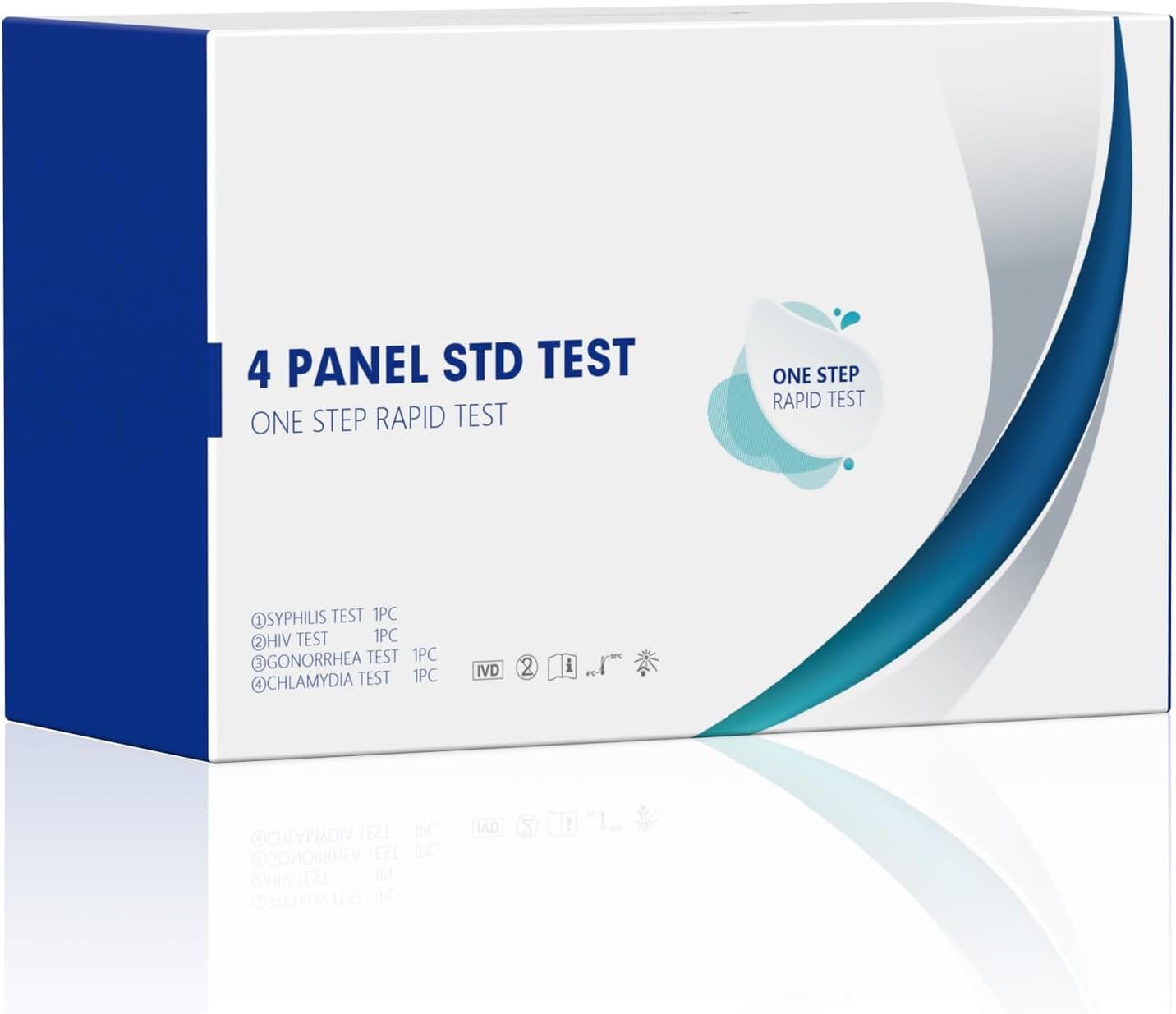
S-T-D Test kit for Men & Women Instant Results, 4 Panel S-T-D Test, Results in 10-20 Minutes
FDA Disclaimer: The content provided in this document is intended for informational purposes only. It is not intended to diagnose, treat, cure, or prevent any health problem - nor is it intended to replace the advice of a physician or qualified healthcare professional. Always consult your physician or qualified health professional on any matters regarding your health or on any opinions expressed within this document. The information provided in this document is believed to be accurate based on the best judgment of the author but the reader is responsible for consulting with their own health professional on any matters raised within.
Affiliate Disclosure: Some of the links in this document are affiliate links. This means if you click on the link and purchase the item, we will receive an affiliate commission. Please note that we only recommend products we believe will be of value to our readers 😄
How Do You Know If You Have HPV?
Signs That May Indicate HPV in Males
It's important to note that these signs are not definitive proof of HPV, but potential indications. Always consult a healthcare professional for an accurate diagnosis. This list should not be used as a substitute for medical advice.
Genital Warts: One of the most common signs of HPV in males is the development of genital warts. These may appear as small, flat lesions, tiny stem-like protrusions, or cauliflower-like clusters. Genital warts can appear on the penis, scrotum, groin, or thighs.
Oral or Throat Warts: Men infected with oral HPV may develop warts in the mouth, tongue, tonsils, or upper throat.
Abnormal Changes in Existing Moles or Freckles: If you observe unusual growth or changes in color, size, or shape of moles or freckles, it might be a sign.
Unexplained Rashes or Itching: Persistent itching or the development of unexplained rashes, particularly in the genital region, could potentially be a sign of HPV.
No Symptoms: HPV often presents with no symptoms at all, particularly in its early stages. Regular screenings and check-ups with a healthcare provider are crucial for early detection and management.
If not correctly dealt with, HPV can lead to more severe health complications over time. The virus itself may persist in the body, leading to an increased risk of certain types of cancer. For instance, high-risk HPV types can cause cervical cancer in women, as well as other types of anogenital cancer and head and neck cancers in both men and women. HPV-associated cancers usually do not develop until years or even decades after a person gets HPV. In the initial stages, these cancers might not show noticeable symptoms, making regular health check-ups crucial for early detection. It's also important to note that while treatments exist for the health problems caused by HPV, there's no treatment for the virus itself. Therefore, vaccinations and safe practices are vital in preventing HPV infections.
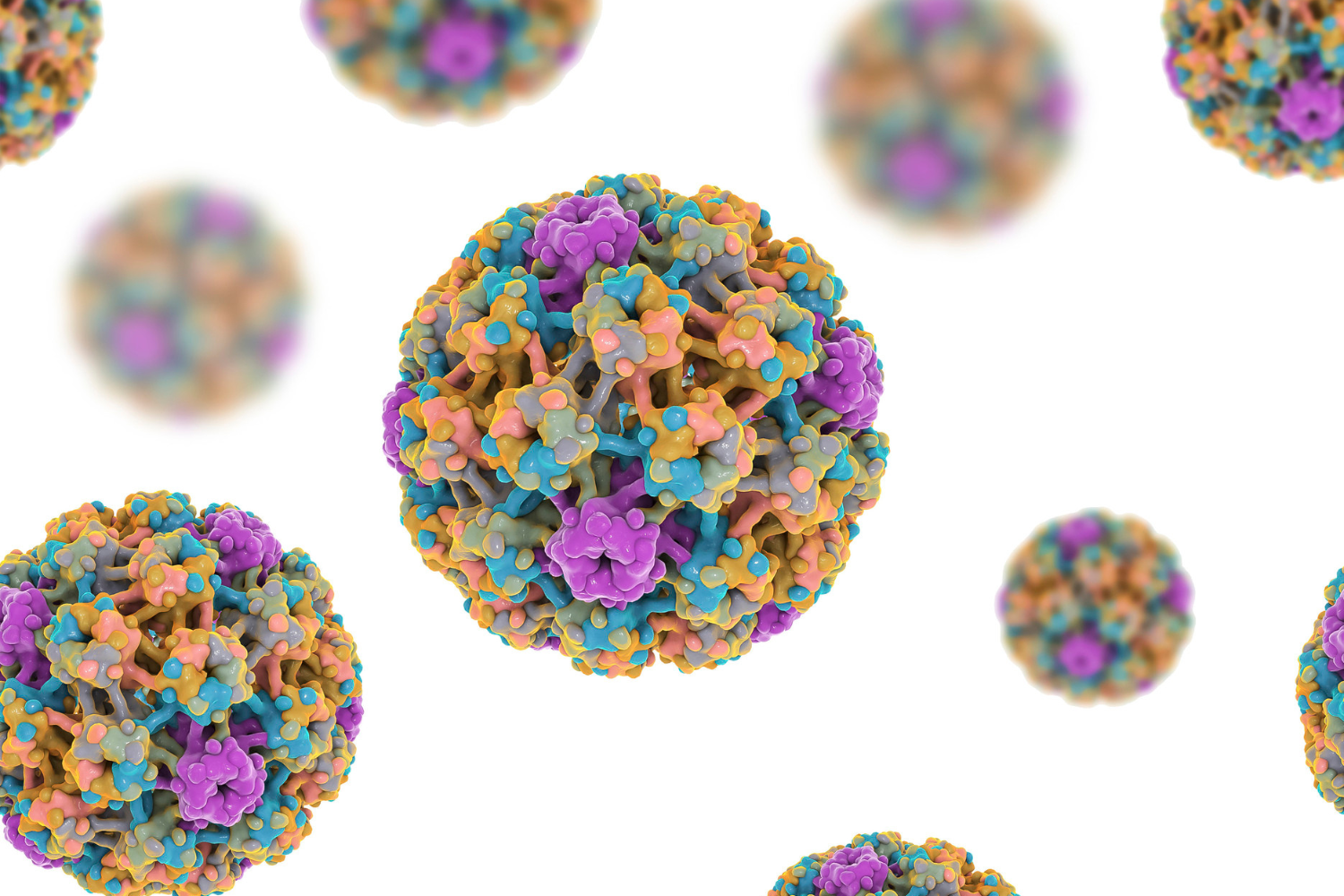
We chose to discuss HPV because we recognized a prevalent knowledge gap among millennials regarding this virus. This generation, while often more open about sexual health discussions than previous ones, still lacks comprehensive understanding about HPV and its potential health implications. The implications of HPV extend beyond immediate health concerns, potentially leading to severe long-term complications, such as various types of cancer. Our motivation for addressing this topic stems from the observation that despite HPV's ubiquity and potential severity, its awareness is disproportionately low. We aim to promote safe practices, encourage regular health check-ups, and underscore the importance of HPV vaccinations. By educating millennials about HPV, we hope to contribute to a broader effort of enhancing public health knowledge and fostering more informed, health-conscious decision-making.
Amazon provides a range of products that can aid in understanding and managing HPV. We've Added some Images below and links to these resources. Please note, we are an affiliate of these products and may receive a commission if purchase through on of our links, at no additional cost to you. This helps to keep our blog running 😀
Books like HPV: A Guidebook to Infection with Human Papillomavirus and How to Fight Back! by Laura McCain MD provide valuable insights into the virus, its potential impact, and ways to prevent it.
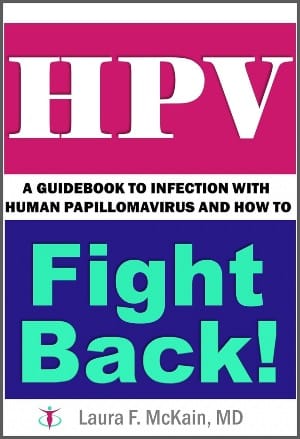
HPV: A Guidebook to Infection with Human Papillomavirus and How to Fight Back!
Affiliate Disclosure: This document contains 'affiliate links.' This means that if you click on a link and make a purchase, we may earn an affiliate commission. It's important to note that we only recommend products that we genuinely believe will bring value to our readers.
Another product category is at-home HPV test kits. For instance, the Verisana HPV Test for Women offers a convenient and private method for people to check their HPV status.
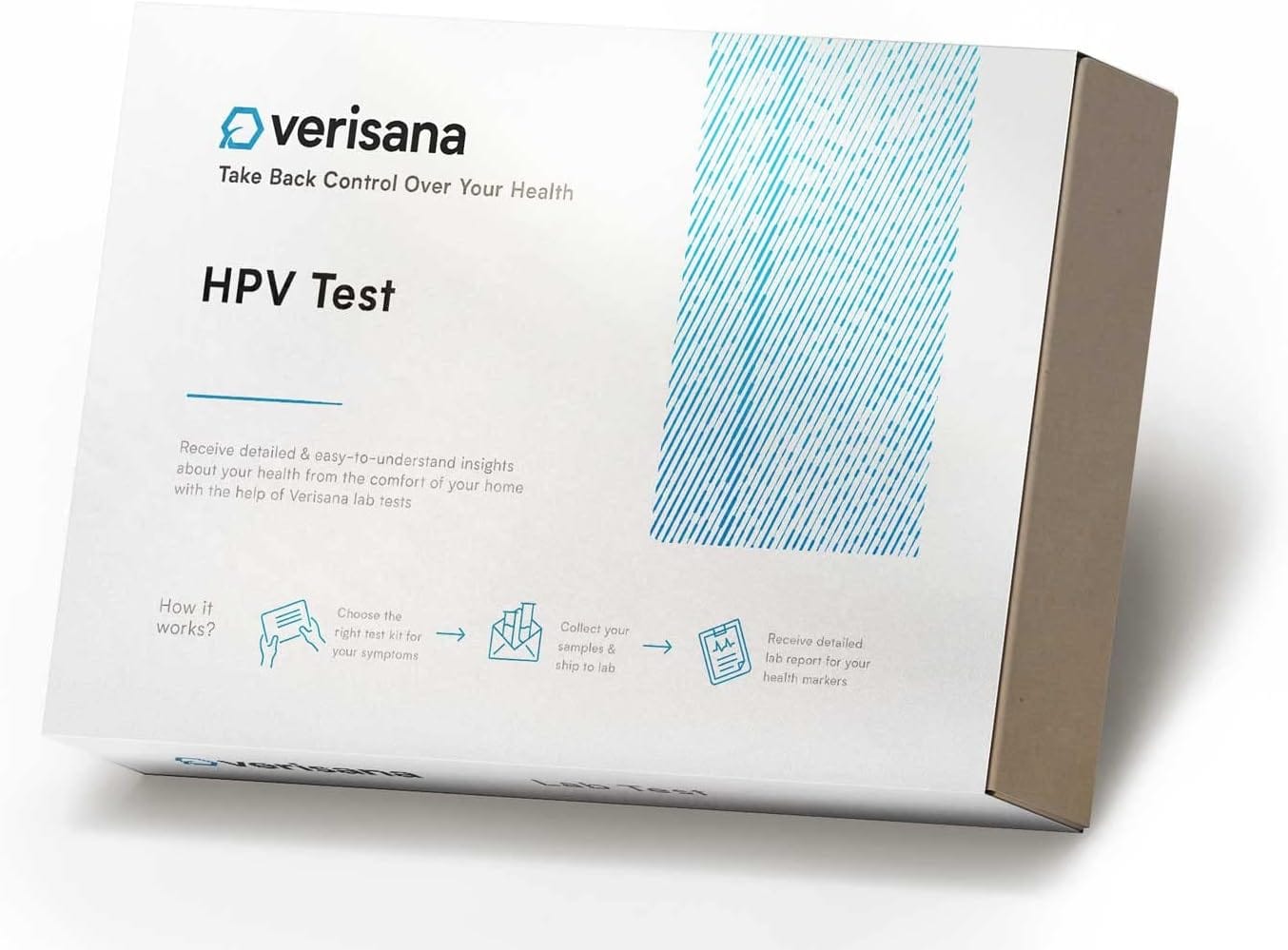
Verisana HPV Test for Women – Easy & Convenient – STD Home Test Kit
Affiliate Disclosure: Some of the links in this document are 'affiliate links.' This means we may garner a small commission at no cost to you if you choose to make a purchase. This helps fund our commitment to bring you valuable information. Rest assured, we recommend only those products and services that we believe will add value to our readers.
Verisana also Offers a Comprehensive STD Test for Men It's important to note, however, that these kits should not replace regular medical check-ups and screenings.

Verisana HPV Test for Men – Easy & Convenient – STD Home Test Kit
Affiliate Disclosure: Some links within this document are affiliate links. Should you choose to purchase a product or service through these links, we may receive a small commission, at no extra cost to you. This helps support our work. We only endorse products that we believe will benefit our readers.
Lastly, managing HPV symptoms also involves dealing with physical manifestations like genital warts. Genital wart removal creams, such as VidaroX Wart Removal, are effective over-the-counter options for HPV. These creams work by directly applying the product to the wart, which gradually destroys the wart tissues. The active ingredients in the cream disrupt the growth of the wart cells, causing them to die off and eventually fall away. This process may take several weeks, and the creams should be used consistently as directed for the best results. While these creams can be an effective part of managing HPV, they do not cure the virus itself, and it's vital to continue regular check-ups and screenings with your physician.
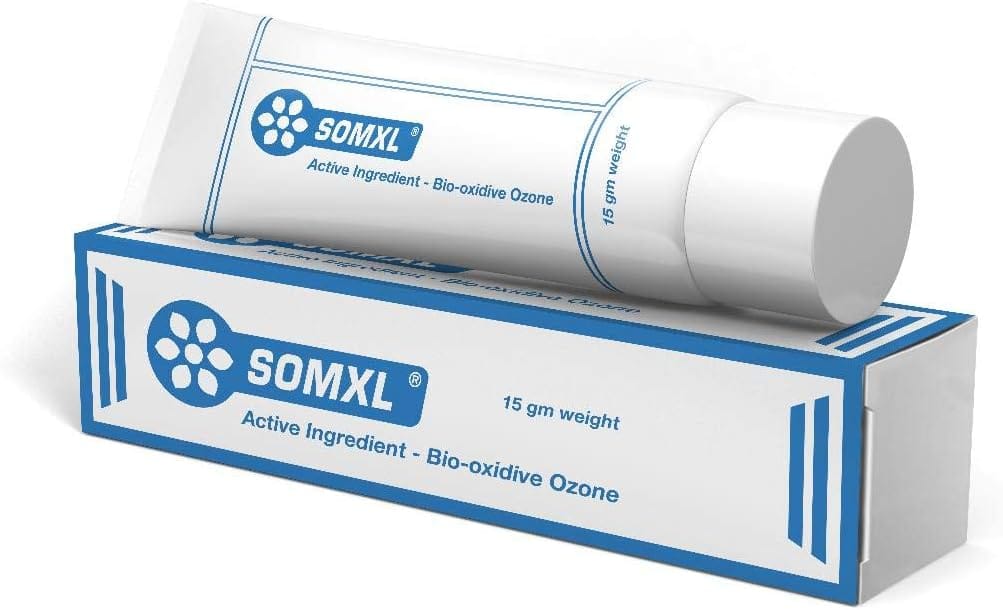
SOMXL, Genital Wart and HPV Removal
Affiliate Disclosure: Some of the links in this document are 'affiliate links.' This means if you click on the link and purchase the item, we will receive an affiliate commission. Please note that we only recommend products we believe will be of value to our readers.
FDA Disclaimer: The content provided in this document is intended for informational purposes only. It is not intended to diagnose, treat, cure, or prevent any health problem - nor is it intended to replace the advice of a physician or qualified healthcare professional. Always consult your physician or qualified health professional on any matters regarding your health or on any opinions expressed within this document. The information provided in this document is believed to be accurate based on the best judgment of the author but the reader is responsible for consulting with their own health professional on any matters raised within.
Here are the key takeaways about HPV:
- Virus Type: HPV, or Human Papillomavirus, is a common viral infection, with over 100 different types.
- Infections: Most HPV infections are harmless, do not show any symptoms, and can resolve on their own.
- Cancer Risk: Some types of HPV are associated with certain types of cancer, including cervical, throat, and anal cancers.
- Vaccination: A preventive vaccine is available for HPV, which is recommended for children and young adults.
- Screening: Regular screening, such as Pap tests and HPV tests, is crucial, especially for women, to detect any changes in the cells that might lead to cancer.
- While there is no cure for the virus itself, individual symptoms like warts can be managed with over-the-counter products or prescribed medications.
- Maintenance: It's important to have regular check-ups with your doctor if you've had an HPV infection.
- Protection: Using protection during sexual activities can help reduce the risk of contracting HPV.
Please consult your physician or a qualified health professional for more personalized advice.
Thank you for tuning intoThe Wellness Ledger. We appreciate your interest in health and wellness topics like HPV, and we hope you found this information valuable. Our goal is to help our readers navigate their health journeys with knowledge and confidence. We invite you to visit us again for more health information, insights, and advice. If you found our content helpful, please consider subscribing to our email list. By doing so, you'll receive the latest updates and articles directly in your inbox. Until next time, stay healthy and informed!




